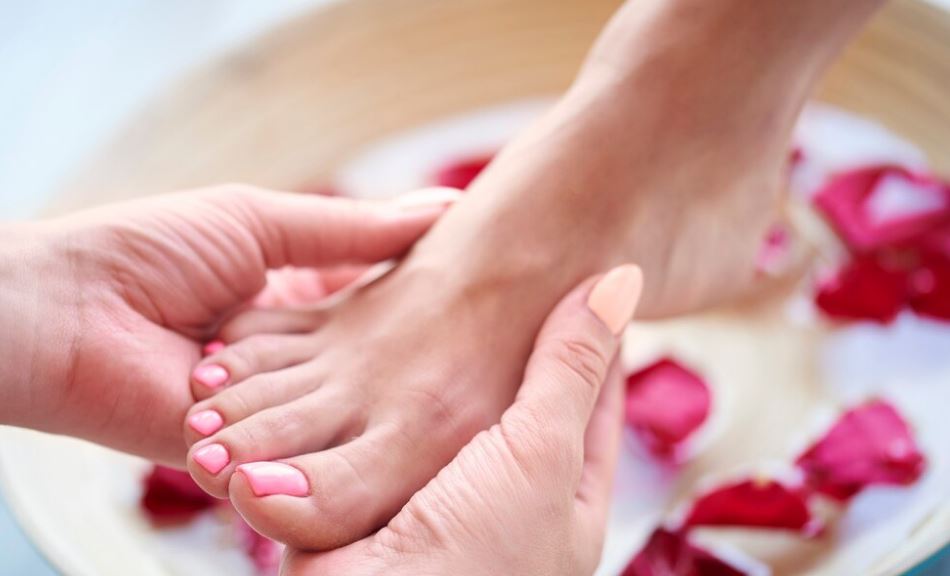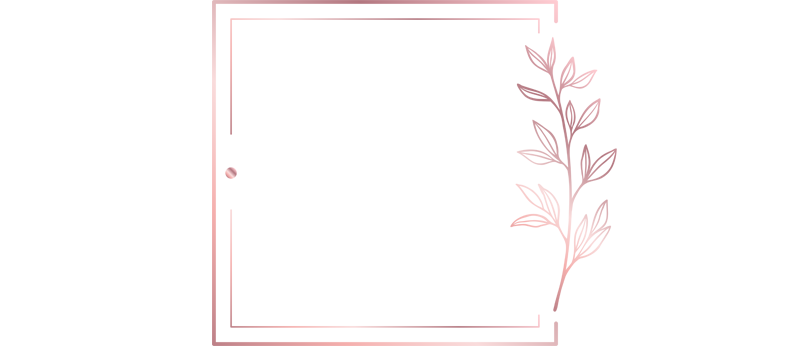
The need for quick, restorative rituals has become urgent and personal in today’s always-on society, where mental bandwidth is stretched as thin as a violin string. Despite the plethora of wellness fads, including guided meditations, cold plunges, and breathwork applications, one discreetly powerful treatment remains underappreciated: the simple pedicure.
A professional pedicure can be incredibly effective at rebalancing your emotional equilibrium, which goes far beyond a cosmetic touch-up. A subtle but surprisingly potent psychological shift starts the instant your feet touch warm water and your phone slips out of your grasp. The components of a pedicure cooperate to soothe the mind, ground the body, and uplift the spirit, much like bees in a harmonious hive.
Mental Health Benefits of a Pedicure
| Mental Benefit | Explanation |
|---|---|
| Stress Relief | Warm soaks and foot massages significantly reduce cortisol, helping the body exit the fight-or-flight mode. |
| Mood Elevation | Personal attention and sensory indulgence can trigger endorphin and serotonin release. |
| Mindfulness | Disconnecting from digital devices encourages present-moment awareness and emotional reset. |
| Self-Esteem Boost | Well-groomed feet improve body confidence and create a polished, pulled-together feeling. |
| Anxiety Reduction | The calming rhythm of the process and soothing environment reduce mental clutter and nervous energy. |
| Social Connection | Conversations with nail technicians or friends during treatments foster casual bonding and belonging. |
We Reclaim Sanity by Regaining Silence
When one is physically grounded, emotional clarity frequently ensues. Foot massages stimulate pressure points, ease tense muscles, and promote circulation, particularly when paired with exfoliation and moisturizing. The psychological reaction, however, is noteworthy in addition to the biological. Thoughts calm, breathing becomes deeper, and a unique mental spaciousness emerges as stress hormones decline and comfort increases.
This sensory immersion is especially helpful given the fragmented nature of modern life. There is only the simplicity of silence and the comforting rhythm of touch—no emails, no demands, no scrolling. It’s a unique opportunity to be totally present, and for many people, it’s the only moment of the week when they feel like they belong.
The Confidence Effect: How Well-Maintained Feet Change Attitudes
We communicate value to ourselves subliminally when we tend to the things that are frequently overlooked. Despite playing a vital role in our lives, our feet seldom get the consideration they merit. By taking the time to buff, massage, and polish them, we are practicing “embodied self-respect,” as psychologists refer to it. The findings go beyond the obvious.
I can still remember the first time I left a spa with my toenails neatly manicured and lotion smelling of roses. Not only did I feel new, but I felt reset. It was quite remarkable how confident I was going into the next meeting, the wedding that took place over the weekend, and even Monday. It seems as though the rest of me was raised a bit when my feet were finally taken care of.
The Salon as a Haven: Where Science and Calm Collide
Recent research has demonstrated that touch-based therapies significantly elevate mood and lower anxiety. A study in the International Journal of Neuroscience found that even a brief massage can raise dopamine and serotonin levels by as much as 30%. These advantages are increased when combined with aromatherapy or warm compresses, which are frequently used in spa pedicures.
Contemporary salons are evolving into extremely effective wellness areas by incorporating multisensory design. Soft towels, relaxing music, dimmed lighting, and the subtle aroma of essential oils create a microenvironment that allows nervous systems to finally relax. It’s no surprise that wellness professionals are now advocating pedicures for burnout recovery as well as aesthetic reasons.
Why the Effects of This Little Ritual Are Surprisingly Long-Lasting
Our knowledge of “self-care” has greatly increased over the last ten years. Routines like pedicures are now considered emotionally intelligent decisions rather than vanity. They support balance, set limits, and reaffirm that taking care of oneself is sustainable rather than selfish.
You’re protecting your sanity by scheduling that appointment, not just your toes. It serves as a concrete reminder that recovery doesn’t always necessitate taking a significant risk. A chair, a warm soak, and the question, “Which polish would you like today?” can sometimes be the first step.
